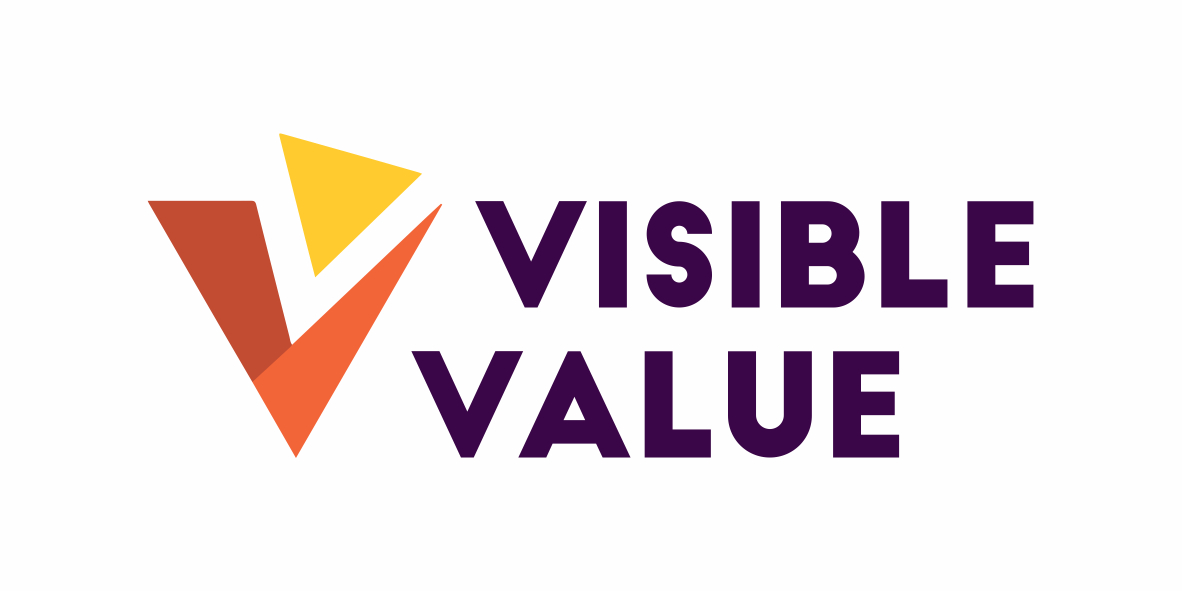Country Snapshots: Recognition of Youth Work
This section of the Visible Value aims to provide a quick overview of the state of the affairs about the recognition of youth work in the countries covered by EU-CoE Youth Partnership. In total it covers 53 country profiles (including 3 profiles for Belgium and 4 profiles for the UK).
The content in this section is based on several sources, including:
- Country reports on youth work collected by EKCYP correspondents: https://pjp-eu.coe.int/en/web/youth-partnership/country-information-youth-work
- EU Youth Wiki - an online platform presenting information on European countries' youth policies: https://national-policies.eacea.ec.europa.eu/youthwiki
- Forthcoming national contributions of the Non-programme countries to EU Youth Wiki
- An additional survey done by the editors of the Visible Value in 2021
The sources of information are indicated at the end of each profile.

The Youth Work Act 2001 (Section 3) defines youth work as a:
planned programme of education designed for the purpose of aiding and enhancing the personal and social development of young persons through their voluntary participation, and which is —
(a) complementary to their formal, academic or vocational education and training; and
(b) provided primarily by voluntary youth work organisations.
According to the National Quality Standards Framework, Youth Work Act 2001’s above definition highlights four important dimensions of youth work. That it is:
- planned;
- educational;
- based on voluntary participation;
- provided primarily by voluntary youth work services.
The National Youth Council of Ireland (NYCI) lists youth work’s purposes as:
- To build young people’s self-esteem and self-confidence;
- To develop their ability to manage personal and social relationships;
- To offer worthwhile and challenging new experiences;
- To provide learning opportunities to enable young people to gain knowledge and develop new skills;
- To build young people’s capacity to consider risks and consequences and make informed decisions and take responsibility;
- To help young people to develop social awareness and a sense of social solidarity;
- To give young people a voice in decision-making which affects their lives;
- To enhance young people’s role as active citizens;
- To listen to and hear what young people have to say.
Youth work is provided primarily by voluntary organisations, with statutory support from the Department of Education and the Education and Training Boards.
There is no legal regulation for the status of a youth worker in Ireland. Until recently, more emphasis has been placed on experience than on qualification when hiring youth workers. However, a recognised qualification in community development work is increasingly required for paid frontline workers in youth services/organisations.
Postgraduate programmes in youth work are usually open to those with a primary degree, relevant experience and appropriate garda vetting (police clearance). However, postgraduate courses may also be accessed through the recognition of prior learning as an alternative to a primary degree.
Continuing professional development is available through courses, seminars, and conferences. Organisations offering training for youth workers includes National Youth Council of Ireland, Youth Work Ireland and Léargas.
Participants in youth activities supported by Erasmus+: Youth in Action and European Solidarity Corps programmes can gain recognition of their acquired skills and competences via a Youthpass certificate. Youthpass is an online self-assessment tool, where participants list the skills and competences they acquired throughout the learning period.
Skills Summary is a free, online tool that measures the skills young people gain through participating in youth work or other forms of non-formal education, such as volunteering. Skills Summary supports the dialog between a young person and a youth worker or mentor. It can be used as a self-assessment and self-reflection tool for young people and as a measurement tool for organisations. While it is available to anyone working on, or interested in, their personal/professional skill development, it is particularly tailored to young people aged 16-25. The tool aims to build young people’s confidence, so that they can better communicate the value of these essential skills to future employers.
Skills Summary was created by the National Youth Council of Ireland, Accenture and SpunOut.ie. It is funded by the Department of Children, Equality, Disability, Integration and Youth and recognised as a measurement tool in the Youth Employability Initiative.
Ireland’s National Policy Framework for Children and Young People 2014-2020 recognised quality youth work’s value “both as a protective factor contributing to the young person’s overall development and in reaching out to young people at risk of crime or anti-social behaviour” (pg. 30).
Ireland’s National Youth Strategy 2015-2020 recognised that ‘Involvement in youth work can enhance young people’s connection with and contribution to their community, and enable them to be confident individuals, effective contributors, successful learners, and responsible and active members of society’ (pg 14).
(From the Youth Wiki)

